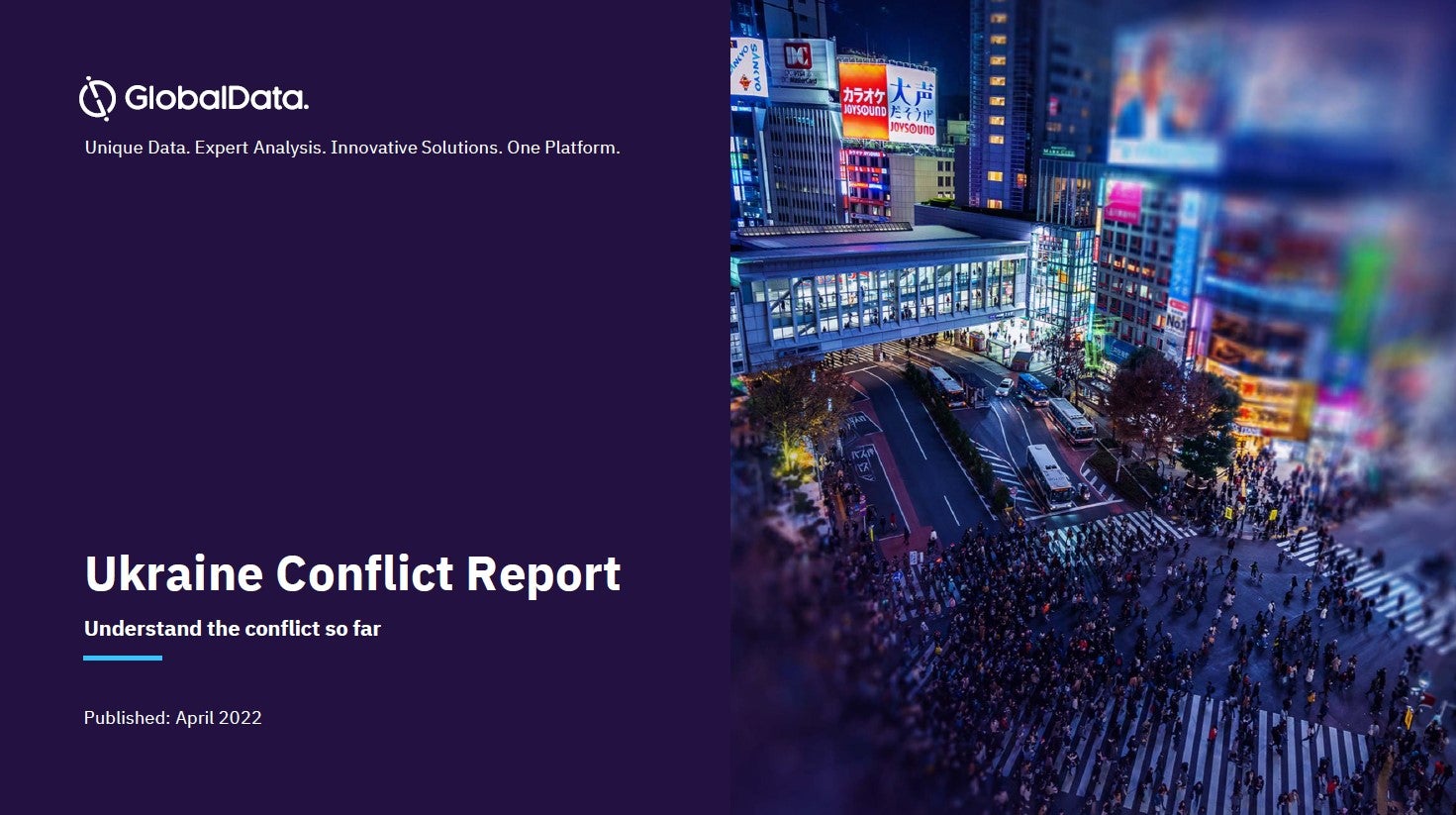The German Government has ‘permanently’ barred Rheinmetall from delivering combat simulation equipment to Russia, in response to the latter’s role in the ongoing conflict in eastern Ukraine.
The deal was initially blocked by the German Economic Affairs and Energy Minister Sigmar Gabriel in March.
How well do you really know your competitors?
Access the most comprehensive Company Profiles on the market, powered by GlobalData. Save hours of research. Gain competitive edge.

Thank you!
Your download email will arrive shortly
Not ready to buy yet? Download a free sample
We are confident about the unique quality of our Company Profiles. However, we want you to make the most beneficial decision for your business, so we offer a free sample that you can download by submitting the below form
By GlobalDataAn unnamed German Economic Affairs and Energy Ministry spokesperson was quoted by Reuters as saying: "I can confirm that, in the light of the EU sanctions, permission to export a combat training centre has been revoked."
Signed in 2011, the €100m contract required Rhienmetall to supply a live combat simulation centre to the Russian Army that is capable of training up to 30,000 soldiers annually.
The contract also included technical implementation of aspects, including the commissioning of the 500km² simulation-supported training centre in Mulino in the Volga region and quality assurance, DefenseNews reported.
Addressing a news conference, an Economy Ministry spokesperson said Germany is yet to ship most of the combat simulation equipment to Russia and has ensured that the incomplete system is not capable of being used by Moscow.
"This shows that we’re imposing a more restrictive arms policy," the spokesperson said.
Rheinmetall said that it was in talks with the government to find a solution but refused to comment on the contract details and whether it might claim compensation.
The Dusseldorf-based defence company had earlier pledged to honour its contractual obligations with Russia.
Last week, the European Union (EU) imposed the latest round of sanctions on Russia’s banking, defence and energy sectors in the wake of Moscow’s support for pro-Russian insurgents battling Ukrainian forces.
Germany had also joined the EU in imposing a first level of sanctions on Russia, such as travel bans, asset freezes and suspension of visa talks, after the country annexed the Crimean peninsula from Ukraine in March.





